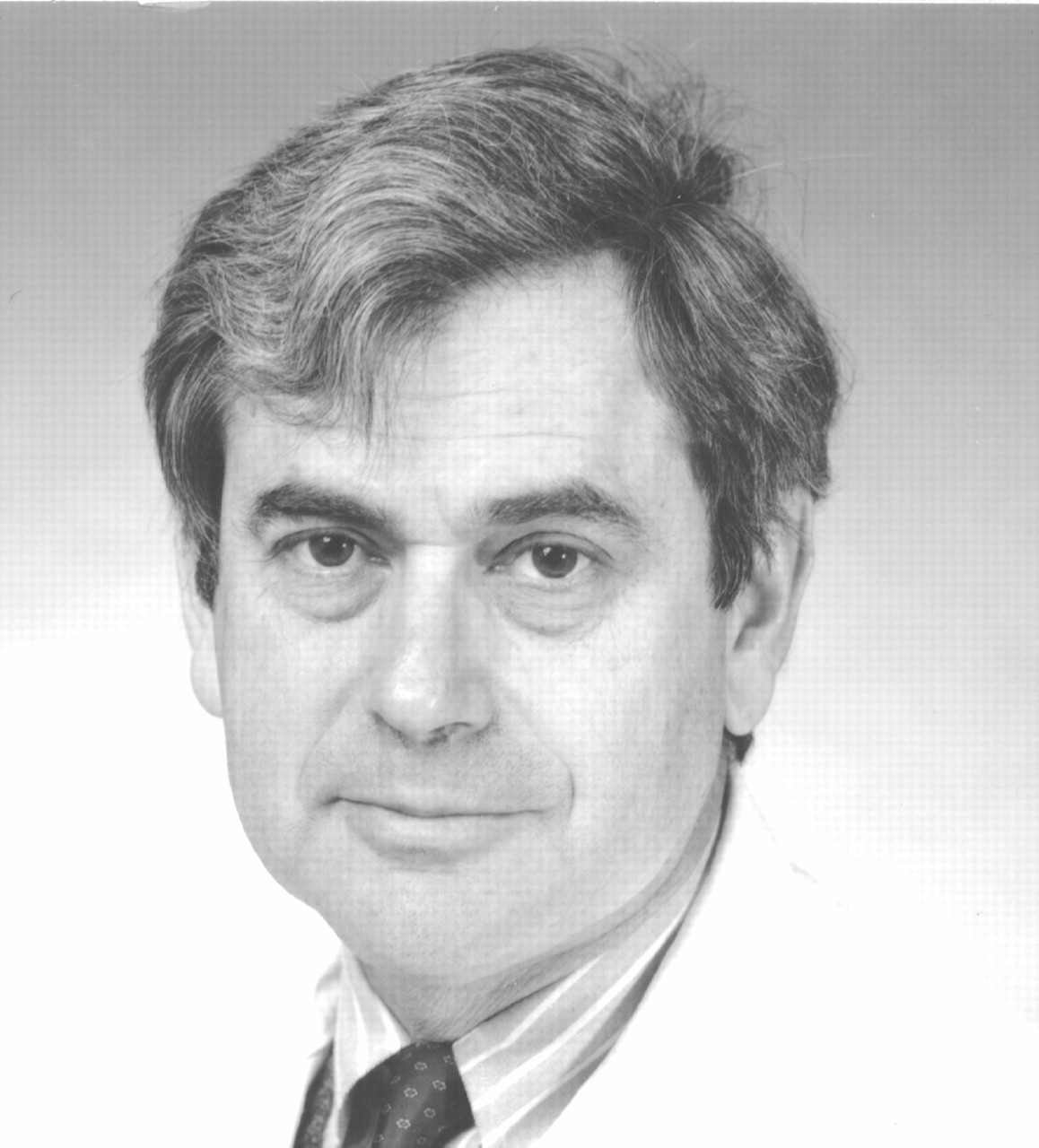Justice was certainly delayed for psychiatrist Myron Liptzin, M.D.—for nearly three years, in fact. But thanks to a ruling from a North Carolina appeals court, victory is finally his to savor.
Liptzin gained considerable, though unwanted, fame when in 1997 a jury found him guilty of malpractice for his treatment of a former patient who later shot four people at random on a Chapel Hill street, two of whom died (Psychiatric News, November 6, 1998; October 1, 1999).
The former patient, Wendell Williamson, was a student at the University of North Carolina when Liptzin, who worked for the student health service, began treating him for delusional behavior. Williamson had shown up for all six treatment sessions the health service allowed and was compliant with his medication regimen. He reported that once he began his medication, the voices he was hearing stopped plaguing him and his delusions of being telepathic also abated.
The killings took place in 1995, nearly a year after treatment ended.
Williamson was found not guilty by reason of insanity and committed to the forensic unit of a state psychiatric hospital indefinitely. After his trial he sued Liptzin for malpractice based on his contention that the psychiatrist should have foreseen that he was likely to become dangerous, misdiagnosed his condition, and should have taken more forceful steps to ensure that Williamson was aware of the perils of stopping the antipsychotic medication that Liptzin had prescribed.
Williamson did stop taking his medication soon after his treatment with Liptzin ended, which coincided with the end of the school year. Liptzin gave him a 30-day supply of the medication thiothixene and advice on how to obtain continuing care at a community mental health center once he returned to his hometown in the western part of the state. Liptzin also advised him to return to the student health center in Chapel Hill if he decided to come back to the university for the fall semester. He did not make a referral to a specific physician or mental health professional.
The parents of the murder victims were not a party to the malpractice suit and did not support it in any way.
Much to the shock of Liptzin, the medical community, and many other observers, a jury found the psychiatrist guilty and awarded $500,000 in damages to Williamson. The families received nothing. (Even if the award was allowed to stand, the state would have taken a substantial portion of it as reimbursement for the care it was providing Williamson in the state hospital.)
Compounding the distress of physicians and mental health practitioners was the jury’s decision to absolve Williamson for any share of the responsibility for his shooting spree. Under North Carolina law it could have apportioned the blame and thus the monetary damages among Liptzin and Williamson, but surprisingly laid all the responsibility at the feet of the psychiatrist.
Early last year the University of North Carolina, which would have been responsible for paying the damage award since Liptzin was a university employee, filed an appeal of the verdict. The appeal was supported by a brief written by the North Carolina Psychiatric Association (Psychiatric News, April 7, 2000) in which it emphasized the danger to seriously ill patients and threats to psychiatric care in general that would likely result if the judgment was allowed to stand and psychiatrists became more selective in the patients they agreed to treat.
On December 19 the Court of Appeals of North Carolina unanimously agreed with the arguments made by the university and the NCPA and ordered the trial court judge to enter a verdict in favor of Liptzin. The court ruled that the alleged negligence “was not the proximate cause of the plaintiff’s [Williamson’s] injuries.” That is, no action the psychiatrist took or did not take as part of his treatment of Williamson contributed directly to the murderous rampage that landed Williamson in court and then a psychiatric hospital.
For a negligence claim to succeed, the court stated, not only must a plaintiff prove that the defendant was negligent in the provision of care, but that any negligence that is shown must be a direct cause of whatever injuries or damages the plaintiff claims to have suffered. The appeals panel explained that negligence, from a legal standpoint, must be linked to a plaintiff’s injuries in a “natural and continuous sequence, unbroken by any new and independent cause.”
Even examining the testimony of the two psychiatrists who testified during the trial that Liptzin failed to meet the standard of care prevailing in the community in 1994—James Bellard, M.D., and Stephen Kramer, M.D.—the court found that they did not convincingly link Williamson’s shooting spree as a direct consequence of anything the psychiatrist did or did not do. According to the appeals court decision, they indicated that deterioration was “foreseeable” in light of risk factors at some time in the future but that the prediction of violence could not be made with certainty. The appeals court did not find their explanations of a connection strong enough to meet a legal negligence test.
Liptzin’s attorneys claimed as the basis of the appeal that the lower court erred in not dismissing the case with a directed judgment, as they had requested in the face of a lack of evidence of proximate cause link between Williamson’s injuries and Liptzin’s care of him. The appeals court remanded the case to the trial court and instructed it to enter a judgment in Liptzin’s favor.
Liptzin told Psychiatric News that he is “pleased, of course, by the appelate court’s unanimous decision.” While he noted that he feels vindicated, he added that he is still “saddended by [Williamson’s] preventable psychotic decompensation, if only he had followed my instructions, and by the unnecessary, tragic deaths of two innocent people.”—K.H. ▪

